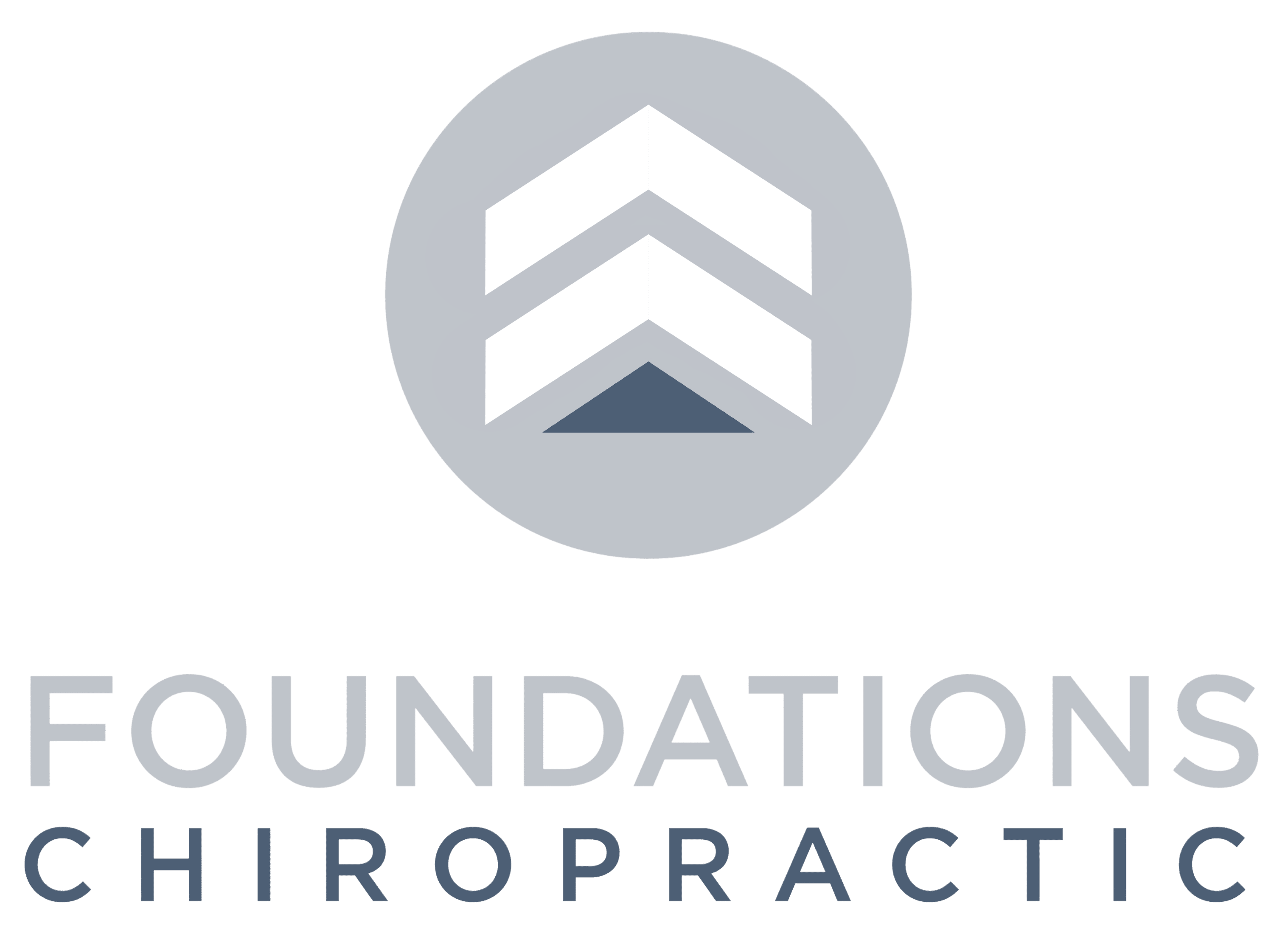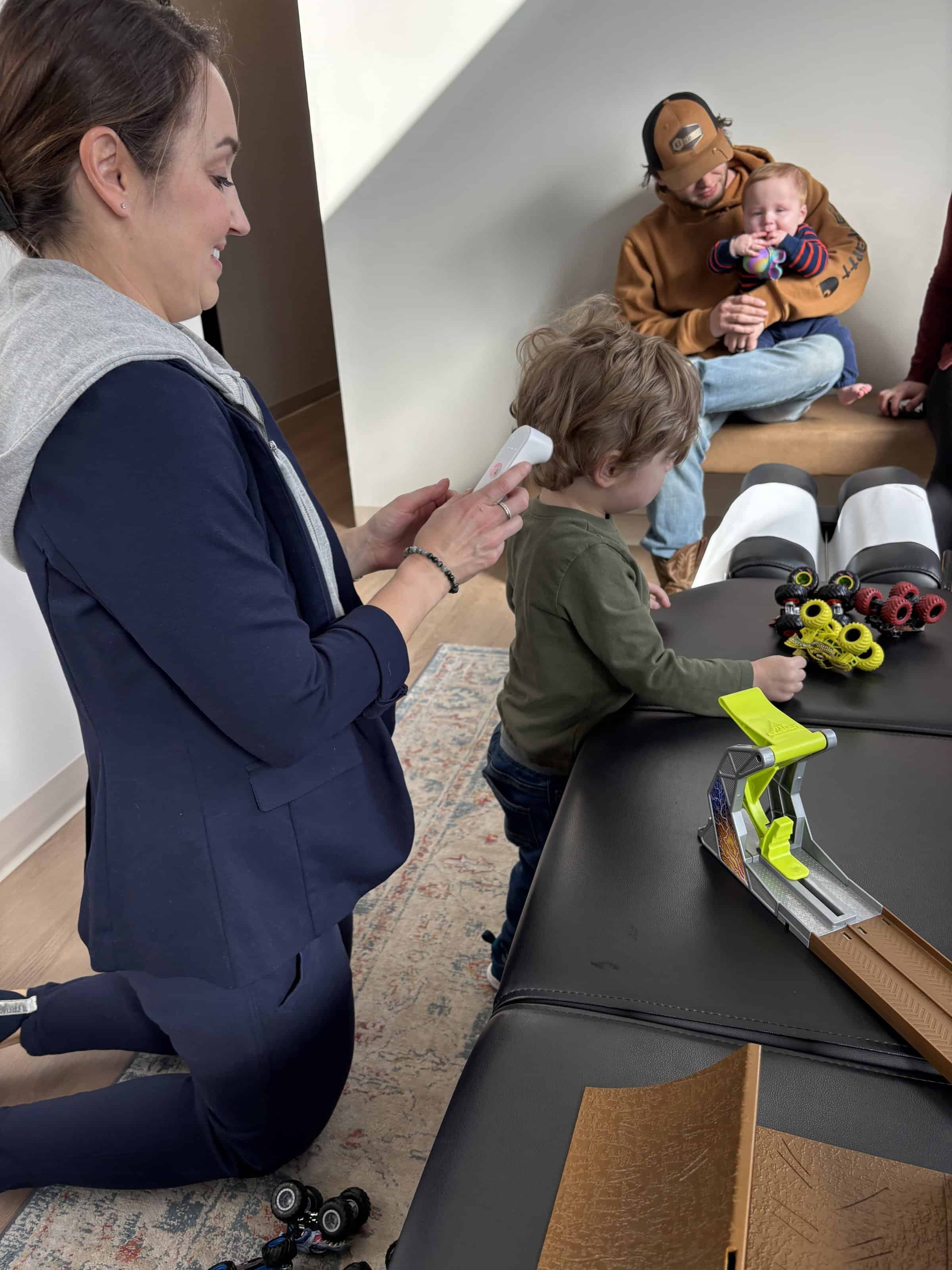In today’s fast-paced world, stress doesn’t just show up in the hard moments—it has a way of embedding itself into our daily lives. Between school drop-offs, work deadlines, nonstop schedules, and the constant pull of technology, many families are living in a state of chronic stress. And over time, that stress can lead to something deeper—what we now know as cortisol addiction.
This isn’t just about feeling overwhelmed. It’s a biological and neurological loop that can affect your child’s development, your own health, and the overall well-being of your family. The good news? There’s a way to interrupt the cycle—and it starts with understanding what’s really going on beneath the surface.
What Is Cortisol Addiction?
Cortisol is the body’s main stress hormone. It’s vital for survival and can help in short bursts—but when stress is constant, the body begins to crave that heightened state. This is when cortisol shifts from helpful to harmful. Both kids and parents can get “hooked” on the stress response, unconsciously seeking out situations that keep them in that elevated, reactive mode.
Even activities that seem healthy—like intense workouts, high achievement, or productivity—can feed this addiction if the nervous system is stuck in overdrive and never gets a chance to regulate and rest.
What Cortisol Addiction Looks Like in Parents
For many parents, the effects of cortisol addiction feel familiar, even if the cause is hidden:
Physical signs:
- Exhaustion with difficulty sleeping
- Weight gain, especially around the midsection
- Chronic headaches, digestive issues, or muscle tension
- High blood pressure or frequent illnesses
Emotional signs:
- Feeling “wired but tired”
- Anxiety when things slow down
- Guilt around rest or self-care
- Irritability, especially when trying to be present with your kids
Behavioral signs:
- Constant multitasking and over commitment
- Trouble unplugging from technology
- A need to always be “doing something”
- Struggles with delegating or asking for help
What Cortisol Addiction Looks Like in Kids
Kids are more resilient than we give them credit for—but they’re also incredibly sensitive to the world around them. And they don’t always have the words to explain what they’re feeling.
Physical signs:
- Fatigue, sleep struggles
- Digestive complaints like bloating or constipation
- Frequent illnesses or weakened immune system
Emotional signs:
- Anxiety, irritability, or mood swings
- Trouble regulating big emotions
- Low self-esteem or lack of motivation
Behavioral signs:
- Perfectionism or people-pleasing
- Difficulty relaxing or being alone
- Constant need for stimulation, pressure, or achievement
How Family Stress Becomes a Cycle
One of the most challenging aspects of cortisol addiction is how it impacts the entire family. A parent’s overwhelmed nervous system can actually alter the stress response in their child’s nervous system. The constant hustle, short tempers, lack of rest, and emotional reactivity can start to feel normal—even when it’s anything but.
Research has even shown that stress can be passed down across generations, not just behaviorally, but biologically, through epigenetic changes.
This isn’t about blame—it’s about awareness. And awareness is the first step toward healing.
The Neurological Root of Cortisol Addiction
Underneath cortisol addiction lies a stressed and dysregulated nervous system. When the nervous system gets stuck in sympathetic dominance—the “fight or flight” mode—it can no longer shift into the calm, healing parasympathetic state.
Two of the biggest drivers of this imbalance?
- Subluxation: Miscommunication between the brain and body, causing nervous system stress
- Vagus nerve dysfunction: The vagus nerve controls rest, regulation, digestion, and emotional resilience—and when it’s not working well, stress takes over
At Foundations, we use INSiGHT scans to assess exactly how a child or parent’s nervous system is functioning. These scans show us where the body is stuck, what needs support, and how to begin the healing process.
The “Perfect Storm” of Modern Family Stress
Cortisol addiction doesn’t happen in isolation—it’s often the result of what we call The Perfect Storm: a buildup of stressors that begins as early as pregnancy and piles on through early childhood and into family life.
Some of the most common contributors include:
- Prenatal stress and birth trauma
- Technology overload and screen time
- Overscheduled days and minimal rest
- Processed foods and environmental toxins
- Financial pressures and emotional disconnect
- Chronic sleep deprivation and sensory overload
These stressors don’t just affect the nervous system—they rewire it. And without intentional support, they create a cycle that feels impossible to escape.
Our Approach: Hope, Healing, and Neurologically-Focused Care
At Foundations, we know that the only way to break the cycle is to go straight to the source: the nervous system. Our care starts with INSiGHT scans that give us a clear view of how your or your child’s nervous system is functioning. From there, we create a care plan tailored specifically to your family’s needs.
These plans often include:
- Gentle, neurologically-focused adjustments to reduce subluxation and restore balance
- Nervous system scans for both kids and parents to track progress
- Support for the vagus nerve and parasympathetic activation
- Lifestyle guidance to help families implement calming routines, real food nutrition, time outdoors, and more
We don’t just want to reduce stress—we want to help your family build resilience from the inside out.
Your Family’s Road to Recovery Starts Here
Healing from cortisol addiction isn’t about achieving perfection. It’s about giving your nervous system the support it needs to recover, recharge, and reconnect. It’s about slowing down enough to feel present again—so you can laugh, play, and enjoy this season with your kids instead of constantly rushing through it.
And most importantly, it’s about knowing you’re not alone.
If you’ve been feeling stuck in the chaos, or if you’re watching your child struggle and don’t know where to turn, we’re here to help. Our Foundations Docs are trained to walk families through this healing journey with expertise, compassion, and unwavering support.
Contact us today and take that first step toward a calmer, healthier, more connected life—for every member of your family.

